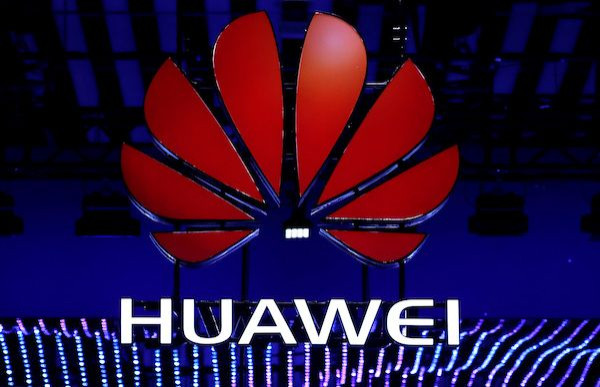Huawei’s 5G Smartphones Will Come With Enhanced Cooling Modules

As the tech industry moves forward with 5G wireless technology, phone makers are working hard to come up with devices that will support the advanced technology. Huawei is one of the vendors that is preparing 5G-enabled handsets. And according to a new report, the Chinese firms’ upcoming phones will come with improved cooling modules.
Industry sources told DigiTimes Monday that Huawei has already tapped Taiwan-based Auras Technology to be its sole supplier of cooling modules for its 5G-enabled smartphones. Auras is basically providing Huawei with heat dissipation copper sheets for the cooling system of each handset.
Auras kicked off trial production of the cooling modules in late July and it is now scheduled to start volume production in September. It will have a lot of time to work on the modules since Huawei is planning to release its first 5G-enabled smartphone in June 2019.
Auras did not comment on what industry sources disclosed this week. However, it should be noted that Auras chairman YS Lin said earlier that 5G is going to force phone vendors to adopt high-performance thermal solutions for their brand new devices. This is because 5G transmission speed is going to be over 10 times than that of 4G and higher film resolutions will be mandatory.
Huawei is currently targeting to advance to the top 2 smartphone vendors in the next 1-2 years, so it needs to prepare more advanced technologies to dethrone either Samsung or Apple. This explains why Huawei is already planning its next big move while anticipating the rise of 5G.
Huawei also chose the right partner because Auras already has experience when it comes to mass producing cooling modules. The Taiwanese firm began applying its heat dissipation systems to smartphones two years ago. For Huawei’s devices, Auras is making 0.4mm heat dissipation cooper sheets in the cooling modules.
The only drawback here is the expected increase in the price tags of devices. Sources indicated that cooling systems that contain heat dissipation copper sheets costs so much more than graphite sheets adopted in most smartphones and the heat dissipation pipes used by Samsung, LG and HTC. Hence, heat dissipation copper sheets are more commonly used in high-end slim notebooks.
While this is undeniably an ambitious move, it is also inevitable since the tech industry is slowly adopting 5G chips, which offer more than five times performance power than existing 4G chips. Only time will tell if Huawei is going to realize its goal next year. The company is targeting to initially ship around 300,000 units per month of its first 5G-enabled smartphone.
© Copyright IBTimes 2025. All rights reserved.



















